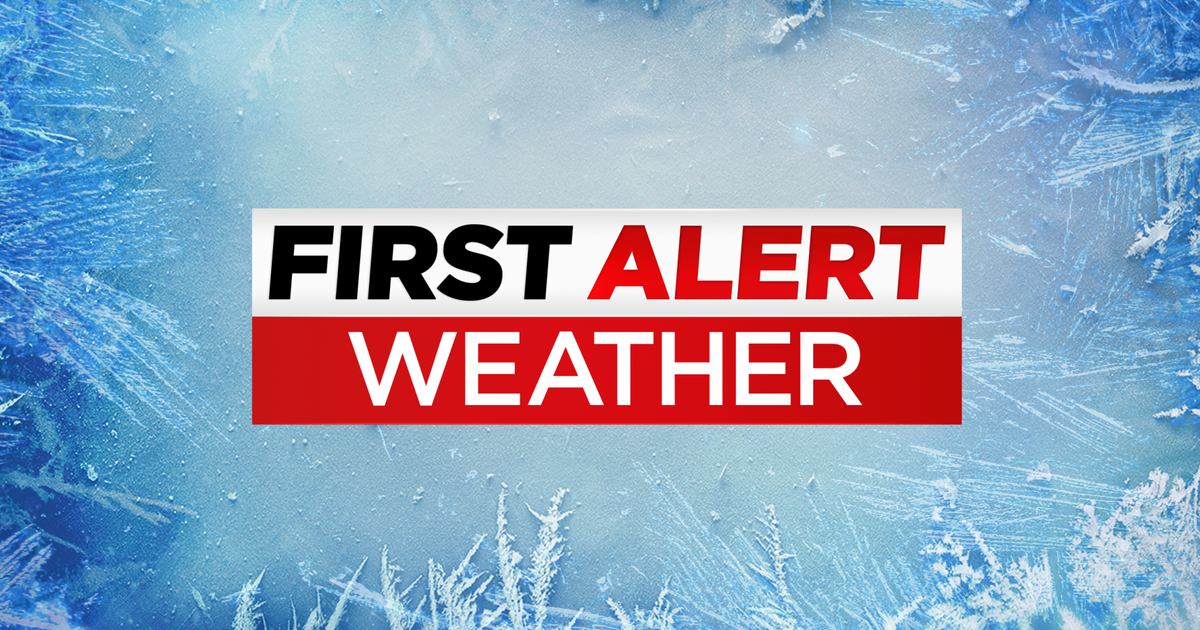What's The Difference Between The Common Cold, Flu And COVID-19?
BOSTON (CBS) – If you are wondering whether that runny nose, sore throat or sneeze could be allergies, just a cold, or possibly even COVID, you are not alone.
Clinics are seeing a lot of flu cases right now and sometimes it's really hard to tell the difference between these ailments, but there are some distinguishing features that can help.
Allergies
Pollen counts are high right now and so many people are feeling the effects. And most people who are suffering from spring allergies have had spring allergies before and know what their typical symptoms are. If I'm seeing a patient in clinic with respiratory symptoms, one of the questions I ask is do you have any itching? Itchy eyes, itchy nose, itchy throat, itchy ears even. If you have a runny nose and cough but are also really itchy, and you've had allergies before, chances are that's what it is. And most people with allergies don't have body aches and fever. If you have body aches and fever, it's more likely an infection and not seasonal allergies.
Can you distinguish between the common cold, the flu, and COVID-19?
This is where it becomes more difficult because they're all caused by respiratory viruses. It's easier to tell the difference between the flu and a cold. People who have the flu tend to feel pretty sick, especially if they haven't had the flu vaccine. Most people have a fever, body aches, fatigue, and a bad cough. The common cold can cause a bad cough but doesn't generally knock you off your feet as the flu does.
But how can you tell the difference between the common cold, the flu, and COVID-19? That can be really difficult because COVID-19 can mimic both a simple cold or more of a flu-like illness with fever and body aches.
What should someone do if they have cold or flu-like symptoms?
If you have a sore throat, stuffy nose, cough, body aches, fever, etc. you really should test for COVID-19. Either with a rapid antigen test at home or with a PCR test in a clinic or testing site. And if you're testing at home, you may need to test a few times over a number of days before you feel assured that you don't have COVID.
Are there any treatments available for any of these?
Not for the common cold other than over-the-counter medications for your symptoms. But we can now offer oral antiviral medications by prescription only that can help keep people out of the hospital from both COVID and the flu. So, call your doctor if you test positive for COVID or think you have the flu and are high risk.
What's the best way to protect ourselves now from these illnesses?
Well, it's no surprise that we're seeing an uptick in COVID, flu, common cold, and seasonal allergy cases at the same time most people are no longer wearing masks in public. You can help protect yourself from any of these respiratory ailments, including seasonal allergies, by wearing a mask in public or in the case of allergies, outdoors. I know many people don't want to return to that but if you want to stay healthy, that's an effective option.
Dr. Mallika is offering her best advice, but as always, consult your personal doctor before making any decisions about your personal health.







